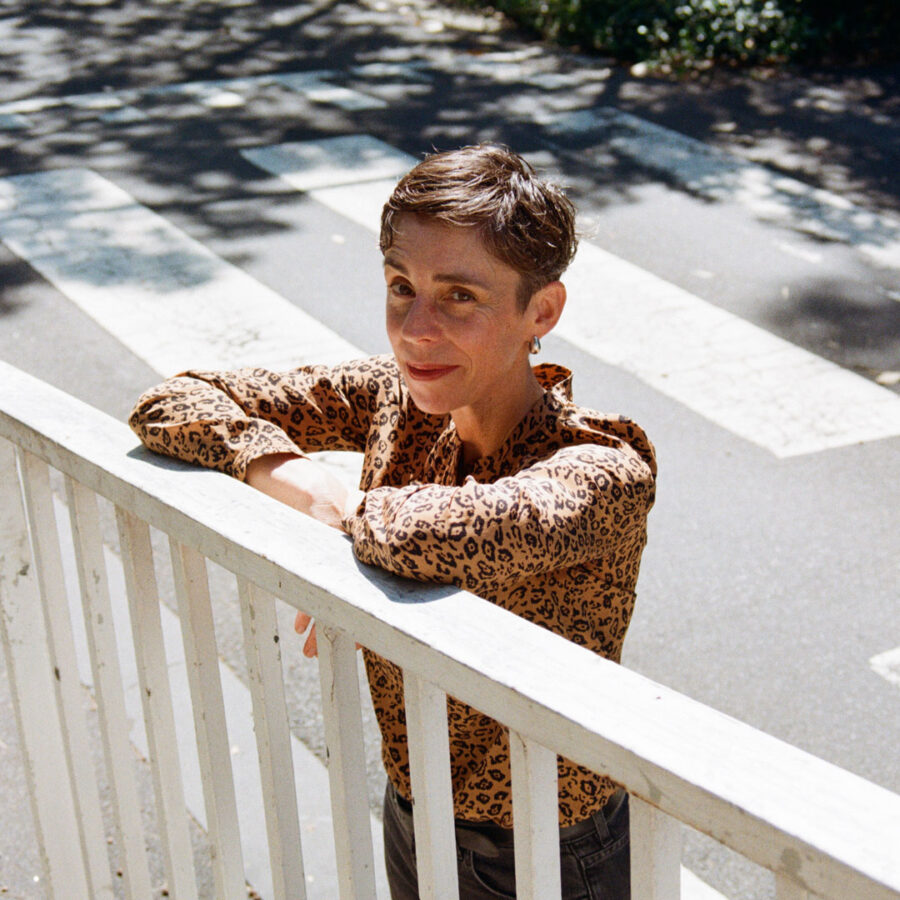
Early on in Shirley Hazzard’s most steadfast novel, The Transit of Venus, Professor Sefton Thrale expounds on the end of the world. ‘He might have been at a desk rather than a dining table.’ He lectures his young guests on their ‘almost culpable bad luck’ at the coincidence of their early adulthood with the collapse of global order:
‘Your generation will be the one to feel it. Some form of social structure existed until now. Say what you like about it. Now we’re at the end of all that. You’ll be the ones to bear the brunt.’
Thrale the patriarch is both emissary and beneficiary of that vanished social structure. His glum warning also looks like a template for the demoralised alerts about the new global order that now circulate. I re-read The Transit of Venus in the hot wet afternoons between Christmas and New Year, weeks before the inauguration of Donald Trump. It seemed possible then that Trump would be an ineffective president who would find himself unable to implement his grand visions, a leader not unlike our own Malcolm Turnbull. Each day since has delivered new Executive Orders, tweets, and leaks to dispel that summer fantasy.
The institutions and multinational agreements forged in the period of post-war uncertainty charted in The Transit of Venus are now themselves under threat. Hazzard’s characters are always subject to the thundering tides of history and politics, indeed, the inseparability of the global and the personal is one of her great themes. A rigorous and unsentimental thinker, Hazzard would not, I believe, have taken refuge in lazy homilies about dark times and great art, nor would she have counselled escapism through art. It took her ten years to write The Transit of Venus, a novel that sets the passage of decades against celestial time. It’s difficult for novelists to respond quickly to current events – Ali Smith’s Autumn, published in October 2016 and billed the ‘first post-Brexit novel’ is one recent exception – and The Transit of Venus endures as an argument for the value slow literary thinking.
Over the summer I heard a few bright sparks declare that great art might yet be the consolation of the Trump presidency, and all the global chaos it trails – as if art forged in the heat of political tumult, Guernica or back-on-the-bestseller-list Nineteen Eighty Four, or punk rock or Modernist poetry, understands itself as consolation. May the refugees locked up by the Australian government on Manus Island and Nauru be spared such consolation. These are times for art to bear witness, to resist, and to illuminate. Novels as resilient as The Transit of Venus will not enjoin us to curl up on the couch but rather to venture out into the world and, as best we can, share the brunt of this present historical moment.
Shirley Hazzard died in New York City in December 2016, the month after the election of Donald Trump. In the final weeks of 2016, she was followed by several writers. Some, like John Berger, died at the end of long writing lives. Others, like Georgia Blain, left many books unwritten. Shirley Hazzard, Georgia Blain and Anne Deveson, Richard Adams, Harry Mathews, John Berger, Mark Fisher: we mourn the loss to the families and friends of these writers, and to literature.
This week on the Sydney Review of Books: Ellen van Neerven on Desert Writing: Stories from Country; Paul Sharrad on Tom Keneally’s Crimes of the Father; Cristina Álvarez López and Adrian Martin on writing with images and sounds.
